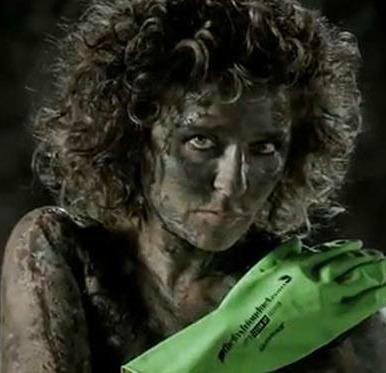Italian fashion house Valentino emerges as the most eco-friendly luxury fashion brand in a survey conducted by environmental organisation Greenpeace regarding environment policies.
Greenpeace asked 15 luxury fashion brands to answer 25 questions about their production processes and policies, deforestation and the toxic pollution of the planet’s water resources. The fashion houses approached for the survey were Italian and French.
Greenpeace sent each a kit containing a glove and a link to a survey on three areas of the brands’ global supply chain. The labels’ leather-purchasing policies to assess whether leather used comes from cattle linked to Amazon destruction. The brands’ pulp-purchase policies to assess if paper pulp used in packaging is produced by corporations like those in Indonesia that destroy the rainforests and the habitat of the Sumatran tigers. Finally, the fashion houses’ policies on textile production, to assess whether the production and processing cycles of products use hazardous chemicals that could jeopardise global water resources. The organisation published a table of rankings based on the content and completeness of companies’ responses.
The Valentino Fashion Group emerged the most eco-friendly company. Greenpeace says: “For Valentino fashion doesn’t need to cost the Earth to be in style: it has committed to implementing zero-deforestation policies for leather and packaging purchasing and zero-discharge policies for textile production.”
Of runner-up Armani, Greenpeace says: “Armani has good pulp- and paper-purchasing policies and has committed to reaching zero-deforestation goals for packaging and leather.”
Gucci ranked fourth. Greenpeace says: “Gucci committed some time ago to both leather and pulp and paper purchasing policies that guarantee the sustainability of these products and it also supports the 2009 Amazon Cattle Agreement, which has helped stop deforestation in Brazil.”
Fashion house Ermenegildo Zegna came fifth in the rankings, Versace sixth, Salvatore Ferragamo seventh and Roberto Cavalli eighth. However, Greenpeace says that Alberta Ferretti, Dolce & Gabbana, Prada and Trussardi had not replied to numerous requests “refusing to share what is going on behind closed doors with regards to leather and pulp and paper purchasing, and toxic discharges on textile production.”
The survey is part of Greenpeace’s ‘Fashion Duel’ campaign, which is asking luxury brands to guarantee customers that their products are not tainted with deforestation and hazardous chemicals. The organisation is challenging the brands to take action by adopting ambitious policies for zero deforestation and zero discharge of hazardous chemicals. Greenpeace says: “These brands have the power and influence to make a difference and create fashion that doesn’t cost the Earth.”









